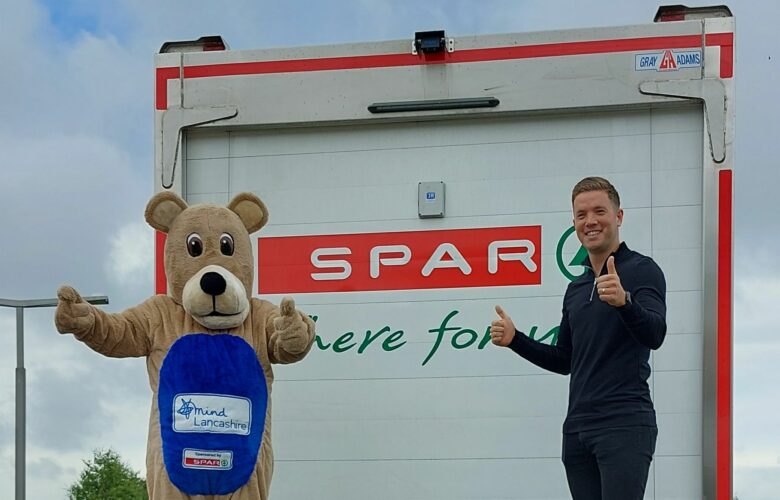Help With Attachment Issues
Research shows that stuffed animals can help patients to form healthy and trusting relationships and attachments. In fact stuffed animals can be used in psychotherapy treatments to assist patients suffering the effects of PTSD and bipolar disorder, among other things.
Help To Ease Loneliness
The modern world can feel lonely and alienating for people, even when we’re surrounded by others. The presence of a friendly face and soft, comforting material that can be spoken to like a friend can reduce feelings of loneliness and provide comfort and reassurance. They have been shown to benefit dementia patients who feel isolated.
Provide Security & Familiarity
Teddy bears offer a sense of security during times of change. These are referred to as “comfort objects,” or “transitional objects,” and they can help us feel a greater sense of security when moving from one life stage to another.
Help Us Grieve
Teddy bears can represent a connection to a loved one that has passed, helping us through the grieving process and easing the feelings of loss. You can grieve with a stuffed animal without worrying about judgement and they offer a constant source of comfort.
Remind Us Of Childhood
Nostalgia is a psychological state of “pleasant remembering.” Teddy bears can invoke feelings of nostalgia which make us happier, and result in better self-esteem. The presence of items that invite pleasant memories from our childhood act as a reminder that life is always changing, and that this doesn’t need to be feared.
Assist In Reducing Anxiety
When cuddling a teddy bear our bodies will release happy hormones such as dopamine and serotonin. These happy hormones slow down our heart rate and steady our breathing, making us feel calmer and less anxious. They also cause a reduction in levels of cortisol, a stress hormone.




